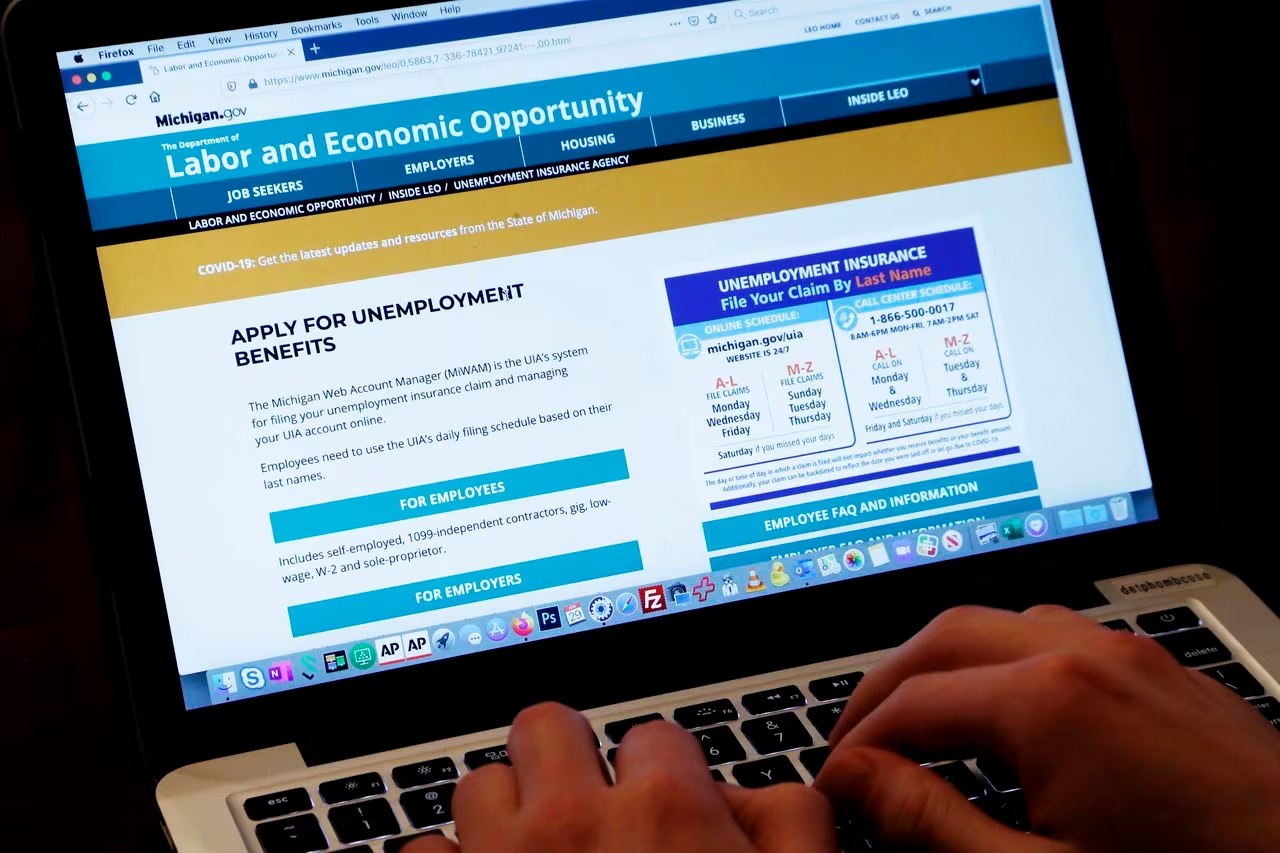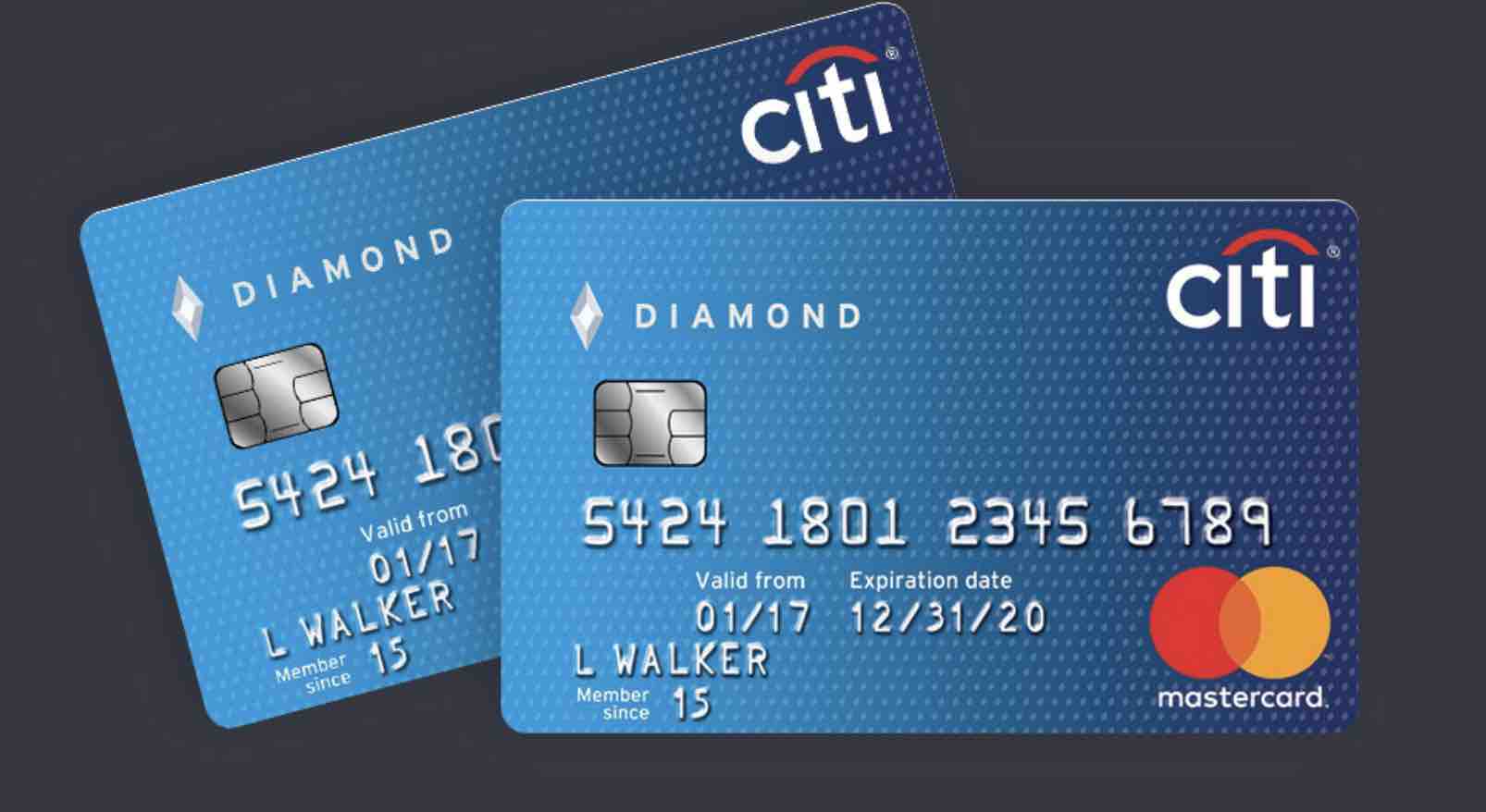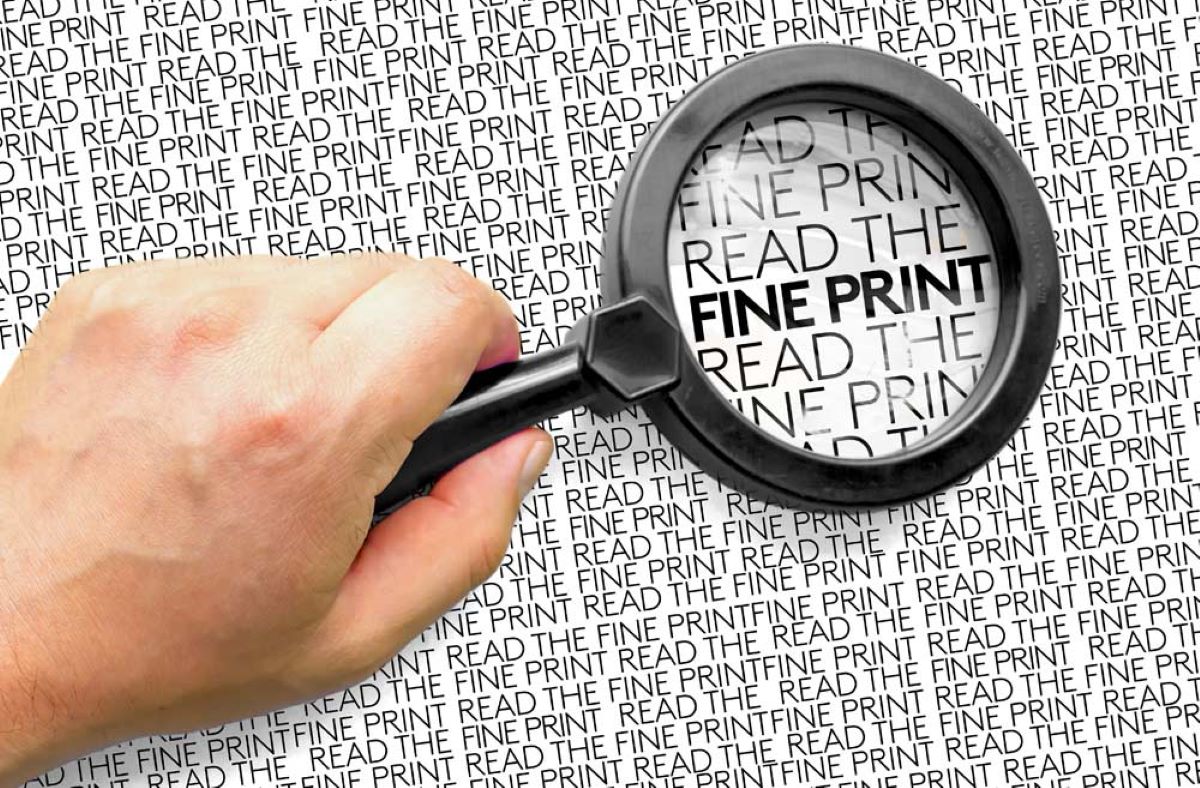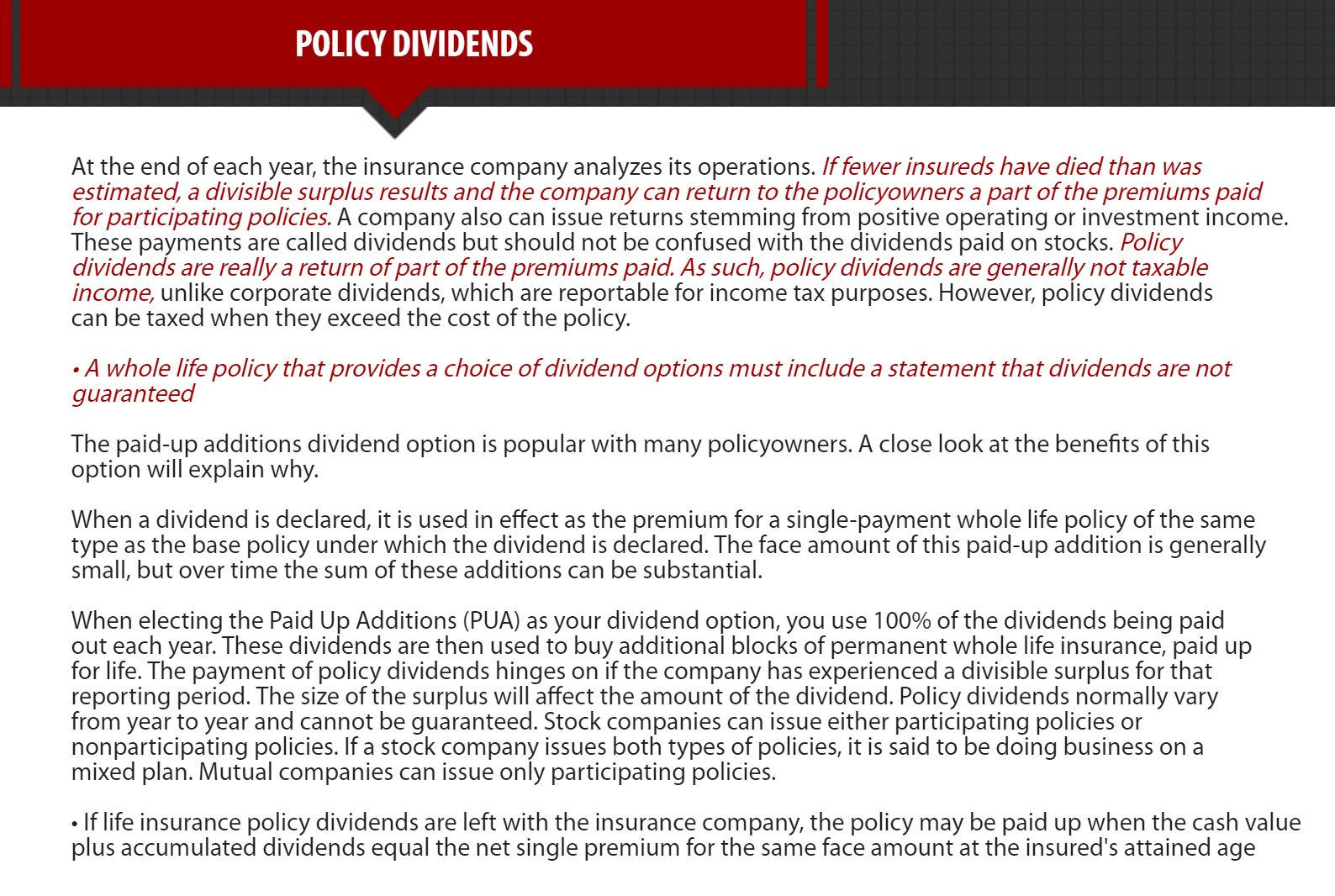

Finance
How Does Target Determine The Minimum Payment
Published: February 27, 2024
Learn how Target calculates the minimum payment and manages its finances. Explore the intricacies of financial planning and payment determination in the retail industry.
(Many of the links in this article redirect to a specific reviewed product. Your purchase of these products through affiliate links helps to generate commission for LiveWell, at no extra cost. Learn more)
Table of Contents
Introduction
When it comes to managing credit card payments, understanding the intricacies of minimum payments is crucial. Many credit cardholders, including those with Target credit cards, often wonder how these minimum payments are determined. Target, a retail giant, offers its own credit card, and comprehending the factors that influence the minimum payment on this card can provide valuable insights for cardholders.
In this article, we will delve into the specifics of how Target determines the minimum payment for its credit card holders. By gaining a deeper understanding of this process, individuals can make informed decisions about managing their credit card payments effectively. We will explore the factors considered by Target when calculating minimum payments, the potential impact on credit scores, and offer practical tips for managing minimum payments efficiently.
Understanding the nuances of minimum payments is essential for maintaining healthy financial habits and ensuring that credit card obligations are met responsibly. Let's embark on a comprehensive exploration of how Target determines the minimum payment for its credit card holders, empowering individuals to navigate the realm of credit management with confidence and clarity.
Understanding Minimum Payments
Minimum payments represent the lowest amount a credit cardholder must pay by the due date to keep the account in good standing. It is important to recognize that while making the minimum payment helps avoid late fees and negative marks on the credit report, it may lead to long-term debt and increased interest payments. For Target credit cardholders, comprehending the specifics of minimum payments is vital for responsible financial management.
Target determines the minimum payment based on various factors, including the outstanding balance, interest accrued, fees, and a percentage of the total balance. By understanding these components, cardholders can gain insight into the calculation process and make informed decisions about managing their credit card payments effectively. It is essential for individuals to grasp the significance of paying more than the minimum whenever possible to reduce overall interest costs and expedite debt repayment.
By delving into the intricacies of minimum payments, Target credit cardholders can cultivate a deeper understanding of their financial responsibilities and make informed choices regarding their credit card usage. Recognizing the implications of minimum payments on long-term debt and interest can empower individuals to take proactive steps towards financial well-being.
Factors Considered by Target
Target considers several key factors when determining the minimum payment for its credit card holders. These factors play a significant role in the calculation process and directly impact the amount that cardholders are required to pay each month to maintain their accounts in good standing.
- Outstanding Balance: The outstanding balance on the Target credit card is a primary determinant of the minimum payment. This includes the total amount of purchases, cash advances, and any outstanding fees or charges.
- Interest Accrued: The interest accumulated on the outstanding balance is a crucial factor in minimum payment calculation. Target considers the accrued interest when determining the minimum amount due.
- Fees and Charges: Any applicable fees or charges, such as late fees or over-limit fees, are factored into the minimum payment calculation. These additional costs contribute to the overall amount due.
- Percentage of Total Balance: Target may also calculate the minimum payment as a percentage of the total balance, ensuring that a proportional amount is paid each month.
Understanding these factors provides Target credit cardholders with insight into the elements that influence their minimum payments. By recognizing the components involved in the calculation process, cardholders can make informed decisions about managing their credit card obligations responsibly and effectively.
It is essential for individuals to stay informed about these factors and their implications for minimum payments, as this knowledge empowers them to navigate their financial responsibilities with clarity and confidence.
Impact on Credit Score
The minimum payment on a Target credit card can have a direct impact on the cardholder’s credit score. Timely payment of at least the minimum amount due is crucial for maintaining a positive credit history and avoiding negative repercussions on the credit score.
When a cardholder consistently makes at least the minimum payment by the due date, it reflects positively on their credit report, demonstrating responsible credit management. Conversely, failing to meet the minimum payment requirement can lead to late payment markers on the credit report, potentially lowering the individual’s credit score.
It’s important to note that while making the minimum payment on time helps prevent immediate negative effects on the credit score, carrying a high balance and consistently paying only the minimum can impact credit utilization, another key factor in credit scoring. High credit utilization, which is the ratio of credit card balances to credit limits, can adversely affect credit scores.
Understanding the interplay between minimum payments, credit utilization, and credit scores is essential for Target credit cardholders. By managing their credit card payments responsibly and striving to pay more than the minimum whenever possible, cardholders can positively influence their credit scores and overall financial well-being.
Recognizing the significance of minimum payments in relation to credit scores empowers individuals to make informed decisions about their credit card usage and payment strategies, ultimately contributing to a healthier credit profile and enhanced financial stability.
Tips for Managing Minimum Payments
Effectively managing minimum payments on a Target credit card is essential for maintaining financial stability and minimizing long-term debt. Implementing practical strategies can empower cardholders to navigate their credit card obligations responsibly and proactively. Here are some valuable tips for managing minimum payments:
- Pay More Than the Minimum: Whenever possible, strive to pay more than the minimum amount due. By paying a higher sum, cardholders can reduce the overall interest costs and expedite the repayment of their outstanding balances.
- Create a Payment Schedule: Establish a consistent payment schedule to ensure that minimum payments are made on time each month. Setting up automatic payments or reminders can help avoid missed deadlines and late fees.
- Monitor Spending Habits: Keep a close eye on spending habits and strive to maintain a balance that allows for comfortable monthly payments. Responsible spending can contribute to manageable credit card balances and facilitate timely payments.
- Understand the Terms and Conditions: Familiarize yourself with the terms and conditions of the Target credit card, particularly regarding minimum payments, interest rates, and fees. Understanding these details can inform your payment strategies and financial planning.
- Seek Financial Guidance if Needed: If you encounter challenges in managing minimum payments or overall credit card debt, consider seeking guidance from financial advisors or credit counseling services. These professionals can provide tailored strategies for improving your financial situation.
By implementing these tips, Target credit cardholders can navigate the realm of minimum payments with confidence and prudence. Proactively managing credit card obligations contributes to financial well-being and cultivates responsible financial habits over time.
Conclusion
Understanding how Target determines the minimum payment for its credit card holders is integral to responsible financial management. By gaining insights into the factors considered, the impact on credit scores, and effective management strategies, individuals can navigate their credit card obligations with confidence and clarity.
Target credit cardholders should recognize the significance of making at least the minimum payment on time each month to maintain their accounts in good standing and preserve their credit scores. However, it is equally important to strive to pay more than the minimum whenever feasible, as this approach can lead to reduced interest costs and faster debt repayment.
By staying informed about the intricacies of minimum payments and implementing practical tips for managing credit card obligations, individuals can cultivate healthy financial habits and work towards long-term financial stability. Monitoring spending, creating payment schedules, and seeking financial guidance when needed are essential components of effective credit management.
Ultimately, a proactive and informed approach to managing minimum payments on a Target credit card empowers cardholders to make sound financial decisions, minimize debt, and build a positive credit history. By embracing these principles, individuals can navigate the realm of credit card payments with confidence and prudence, contributing to their overall financial well-being.














